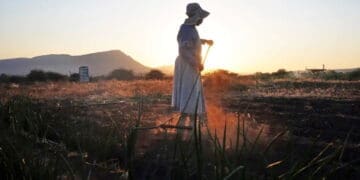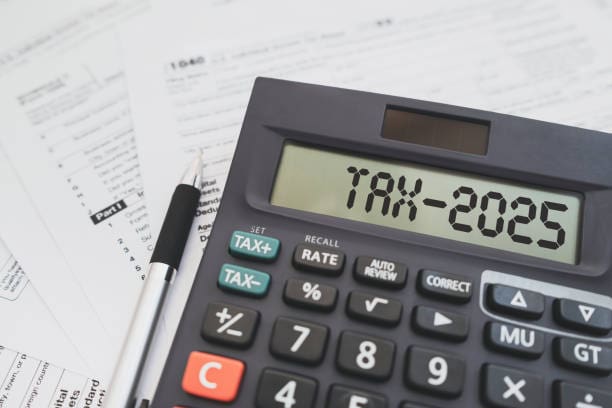Small business owners, who recently formalised their operations are feeling the pressure to understand their new obligations as the South African Revenue Service (SARS) pushes ahead with its 2025 tax season.
From 7 to 20 July 2025, SARS issued auto-assessment notifications to qualifying taxpayers, encouraging them to confirm or correct their pre-populated tax returns.
This was followed by the opening of personal income tax filing from 21 July to 21 October 2025, creating a critical window for newly registered businesses to ensure their finances are in order.
The campaign, which forms part of SARS’ broader drive to promote voluntary compliance, has highlighted the growing need for entrepreneurs to keep accurate records and file timeously even in cases where earnings are still modest.
Thabiso Nong, who is the co-founder of Double Identity Events in Rosslyn, Pretoria, said the tax season has been a tough learning curve.
“We registered for tax in 2025. As our business grew, we felt it was important to operate formally, be compliant and open ourselves up to bigger opportunities, especially with corporate clients and sponsors who often require tax compliance,” said Nong.
Her business, which started in 2022, offers event planning services such as weddings, children’s parties, corporate launches and private functions. The company also runs an online store offering perfumes, custom gifting items, and Forever Living products.
Despite having formalised the business this year, Nong admits that understanding SARS requirements has not been easy.
“While the registration process is simple, the responsibilities that come after like which documents to keep and when to submit returns can be overwhelming at first,” she said.
During this year’s tax season, Double Identity Events received an auto-assessment notification from SARS, a process designed to simplify tax filing by using pre-filled data from employers and financial institutions.
But for new businesses, the line between personal and business income is often blurred.
“Separating personal and business expenses was a challenge, especially since we didn’t have a formal accounting system in place at the start. Also, understanding which income to declare and what qualifies as a deductible expense took some research,” said Nong.
Without a designated accountant, the team relied on online research and social media tax forums to prepare and submit their return. They also began exploring tools like double-entry bookkeeping, Sage and spreadsheets to help organise their finances.
“These tools help us keep better records of our income and expenses, making it easier to prepare for tax season and understand our business performance,” Nong said.
Taxpayers who receive income through commission, independent contract work, travel allowances or normal salary but work from home, may be eligible to claim expenses that lead to refunds or lower tax dues.
SARS has also been ramping up education and awareness efforts to help small business owners meet their obligations and avoid penalties.
New business owners are required to register for tax within 60 days of starting operations and are encouraged to keep accurate, double entry financial records to ensure a smooth filing process.
Nong agrees that waiting too long can lead to more stress later.
“It took quite a bit of time. We had to backtrack and organise receipts and invoices. It didn’t hurt us financially, but it showed us the importance of staying on top of admin throughout the year to save time and reduce stress,” she said.
Looking ahead to the next tax season, she plans to work with a tax practitioner and keep monthly records to avoid last minute panic.
“Don’t wait too long to register, it builds your credibility. Consider opening a separate business bank account, maintaining accurate records and asking questions if you are uncertain. You don’t have to know everything on day one, but the sooner you start, the smoother things get.”
basetsana@vutivibusiness.co.za































































